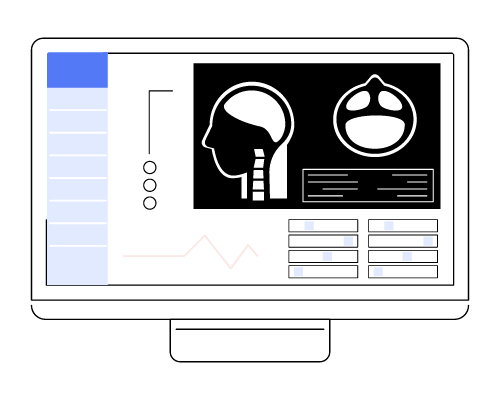Clinical Solutions
Hospital Information System (HIS) Clinical Solutions offer an integrated structure that manages all clinical processes of healthcare facilities such as examination, diagnosis, treatment, medical record management, laboratory and imaging. It increases the efficiency of healthcare facilities by enabling clinical workflows within the scope of outpatient and inpatient treatments to be managed, adhering to HIMSS Stage 7 standards.
Benefits and Innovations
Clinical Solutions cover all processes and systems, starting from patients' admission to healthcare facilities, including examination, diagnosis, treatment and related procedures throughout their clinical journey. Thus, healthcare organizations deliver holistic and seamless patient care. As a result, enhanced clinical workflows elevate patient treatment and care efficiency and effectiveness.
Benefits
- Efficient Clinical Workflow
- Integrated Healthcare Services
- Real-Time Data Sharing
- Effective Decision-Making
- Reduced Clinical Workloads
- Enhanced Patient Experience
- Real-Time Data Sharing
- Patient Safety
- Streamlined Collaboration
- Advanced Analytics and Reporting
Innovations
- Extensible Modular System Design
- Interoperable Approach
- Cloud and On-Premises Infrastructure
- Integration With All Requested Systems
- Data Analytics and AI Integration
Effective Patient Care and Clinical Management:
Hospital Information Management System (HIS) Clinical Solutions
Hospital Information System (HIS) Clinical Solutions are key to optimizing the patient journey, from primary healthcare facilities to the most comprehensive and largest hospitals. Through the digitalization of clinical workflows, streamlined care coordination, automation of routine tasks and advanced analytics and reporting capabilities, the system ensures effective clinical management at every step of the patient care journey.
Features
Patient Administration System
Patient Management Systems, a digital gateway to healthcare facilities, facilitate operations such as managing patient records in healthcare institutions, patient tracking, treatment planning, appointment scheduling and storage and access of medical records. This system centrally manages the patient's medical history, current condition, treatment plans, appointments, and other important information.
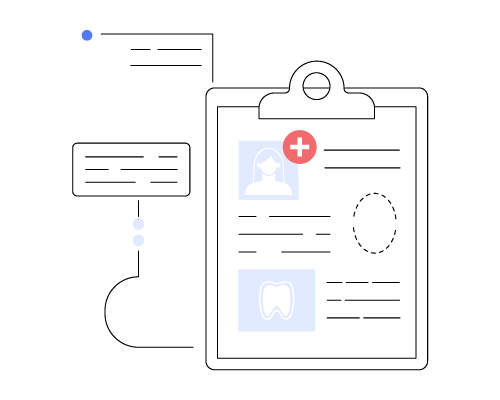
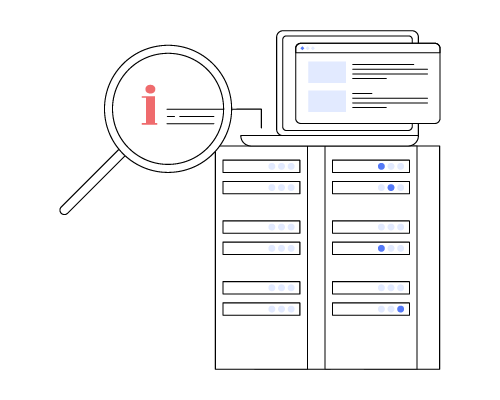
Clinical Information System
Clinical Information System enables healthcare professionals to manage and coordinate patient care by managing electronic medical records containing patients' medical histories, diagnosis and treatment plans, laboratory results, radiological images and all other clinical data. It manages all clinical processes by international standards such as SNOMED CT, ICD 10-11, LOINC and RxNorm. Ensures data privacy and security by managing patient data in compliance with official rules and regulations.
Radiology Information System
Radiology Information System (RIS) is a specialized HIS module designed to manage the operations of a healthcare organization's radiology department. It facilitates essential functions such as creating, storing, and managing radiology reports and monitoring patient information. Additionally, RIS enhances efficiency and accuracy across radiological services by streamlining appointment scheduling, patient monitoring, billing and financial transactions.
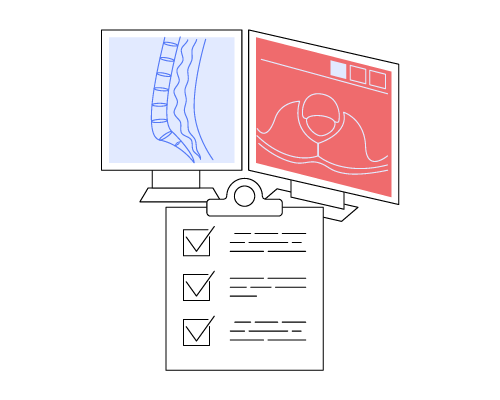
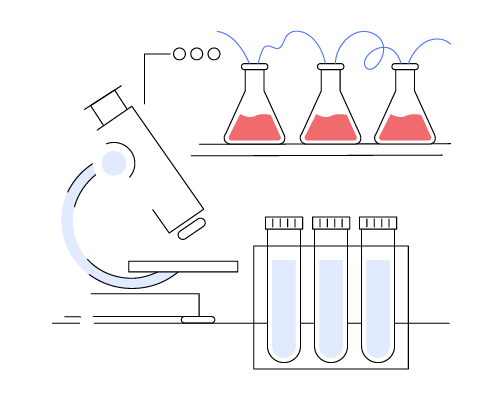
Laboratory Information System
Focusing on automation and error reduction, our Laboratory Information System manages all laboratory operations, from sampling and tubing to barcoding, dispatching samples and transferring results for physician evaluation. Thanks to the elimination of manual tasks, this system reduces workload and shortens testing durations, ultimately enhancing medical service delivery and boosting data analysis capabilities.
Pharmacy Information System
The Pharmacy Information System provides the management of all processes, from purchasing the pharmaceuticals to storing operations and consumption by the patients. It maximizes enterprise resource performance. The system increases pharmacy stock productivity through comprehensive inventory management, functional analysis, resource management, procurement process and expiry management. It ensures the drug and consumable stocks are under control. In addition, it contributes to patient treatment services with integrated patient drug treatment functions, smart drug utilization by HIMSS Stage 7 standards, physician warning and guidance methods and a comprehensive drug database.
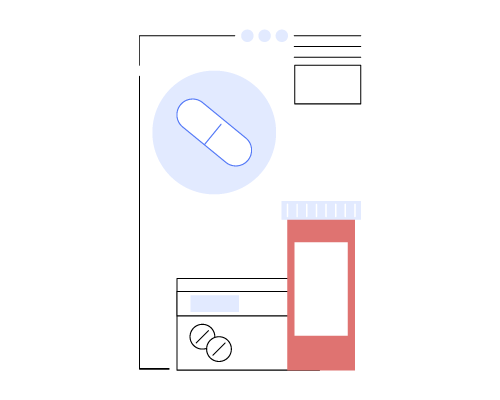
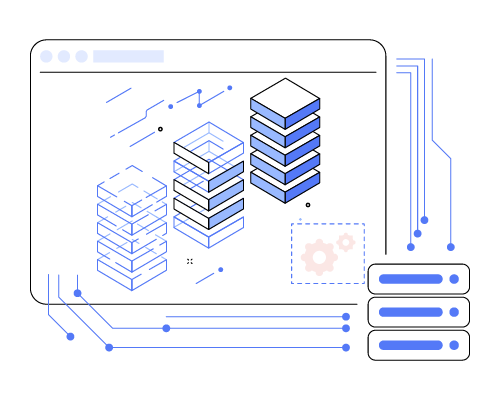
Expandable and Customizable Additional Modular Systems
The Hospital Information System is designed to be highly expandable and customizable, allowing for the interoperability of various subsystems tailored to meet the unique needs of different hospital departments. These subsystems include but are not limited to clinical management, intensive care, operating room management, dialysis, obstetrics, blood bank, teleradiology, document management, archiving, supply chain management, emergency department management and automation, barcode systems and patient identification verification systems. This modular approach enhances the functionality and efficiency of healthcare delivery across all hospital areas.
Sharing & Consent Management
The system allows patients' electronic medical record data to be managed according to different privacy preferences. This module facilitates various operations such as retrieving consent directives to understand if patients have opted in or out of sharing their health data, recording new consent directives to either opt-out or provide time-limited access to their data and managing patient demographics by sending requests to update personal details like adding a mobile number.
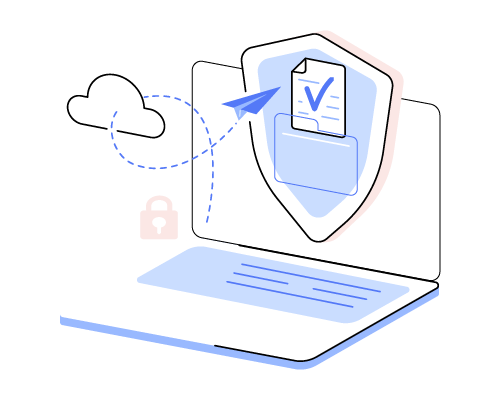
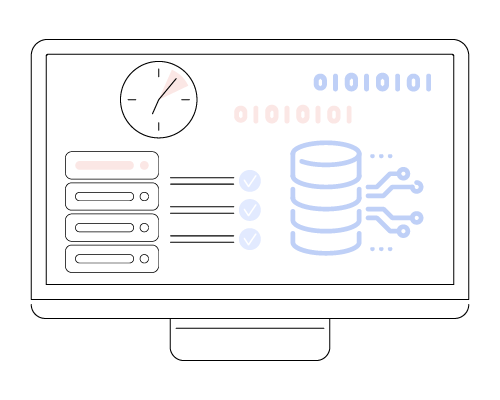
Real-Time Data Transfer
The most up-to-date data is essential for a patient care journey under end-to-end control. Real-time data sharing allows critical information to flow smoothly between departments and systems. This instantaneous data transmission minimizes delays and facilitates interventions, ultimately improving patient outcomes.
Request Management
The Request Management Module within a Hospital Information System facilitates Computerized Physician Order Entry (CPOE), allowing medical professionals to electronically enter and send orders for medications, labs and imaging. Effective demand management ensures optimal resource utilization by enhancing collaboration and coordination among physicians, pharmacists and other healthcare professionals.
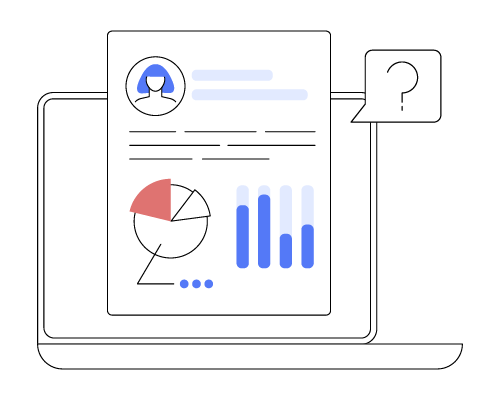
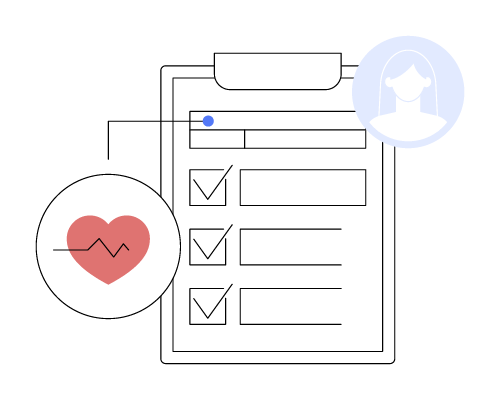
Electronic Medical Records
This module includes a wide range of electronic medical records, such as patient registration and management, diagnostic records, allergies, prescriptions and medications, treatment orders and processing of patient-related documents and reports. It also facilitates referrals, patient education assignments, visit management, vitals monitoring and vaccination record tracking. The system improves patient care by streamlining administrative and clinical workflows.
Ambulatory and Daycare Services
The Ambulatory and Daycare Services in HIS encompasses a comprehensive suite of functions tailored for outpatient care, including patient registration, allergy and diagnosis management, clinical note documentation and procedure recording. It facilitates effective patient management and care delivery in ambulatory and daycare settings by enabling the addition, organization, and management of patient data and medical records, such as case notes, vitals and medications.
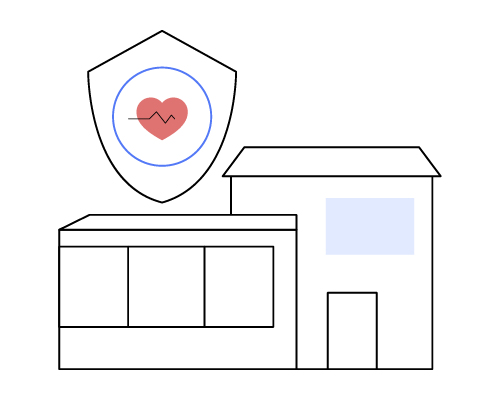
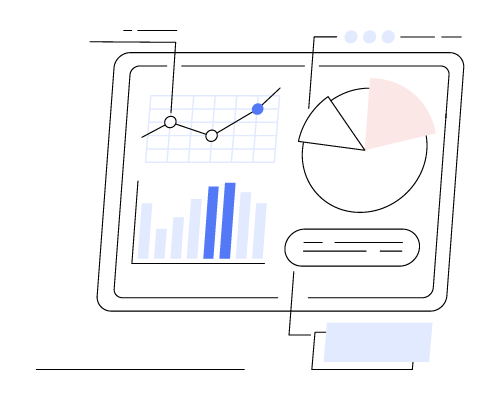
Advanced Analytics and Reporting
The Hospital Information System (HIS) includes an Analytics and Reporting feature, offering comprehensive statistical analyses and reporting capabilities. This functionality allows healthcare professionals to access detailed reports on clinical outcomes, patient demographics, operational efficiency and more effortlessly. Also, it creates new types of reports. Data-driven decision-making improves patient care and effective healthcare facility management.
Picture Archiving and Communication System (PACS)
Picture Archiving and Communication System (PACS) alters radiology workflows by offering a digital, filmless and paperless environment. It facilitates the archiving, sharing and viewing of medical images, enhancing quality and accuracy in radiology processes. With PACS, healthcare professionals can quickly access and compare historical patient cases, process medical images in 2D and 3D formats and benefit from unlimited storage capabilities for digital archiving.
Benefits for Patients
Improving the Quality of
Healthcare Services
Efficient processes, reduced errors and electronic medical records lead to higher quality healthcare.
Comprehensive
Electronic Medical Record
All health records of patients throughout their health journey are kept completely.
Data Security &
Privacy
Securely stores patients' personal and health data, ensures privacy and protects from unauthorized access
Increased
Patient Well-Being
Prioritizes patient well-being by implementing practices to minimize risks and prevent harm during medical care.
Benefits for Health Professionals
Efficient
Clinical Operations
Streamlined processes and reduced processing and waiting times make clinical operations more efficient.
Reduced
Workloads
Automates repetitive tasks, reduces the need for manual intervention and simplifies complex processes.
Better
Patient Care
Integrated clinical processes allow healthcare professionals to assess patients more quickly and accurately, minimizing the risk of errors in treatment.
Enhanced Clinical Coordination
Integrated systems and seamless data flow enhance coordination between departments, improving the effectiveness of patient care.
Benefits for Healthcare Systems, Providers and Authorities
Improved
Data Management
With clinical data and comprehensive analysis of these data, better health planning is made and more informed decisions are made.
Enhanced
Operational Efficiencies
Streamlines clinical workflows, reducing administrative burdens and enabling health authorities to allocate resources more effectively.
Compliance and
Standardization
Ensures adherence to international healthcare standards and regulations, promoting consistent and high-quality clinical practices.
Effective and Quality Healthcare Delivery
With resource management and process optimization, the quality of healthcare services improves and the overall efficiency of healthcare systems increases.
